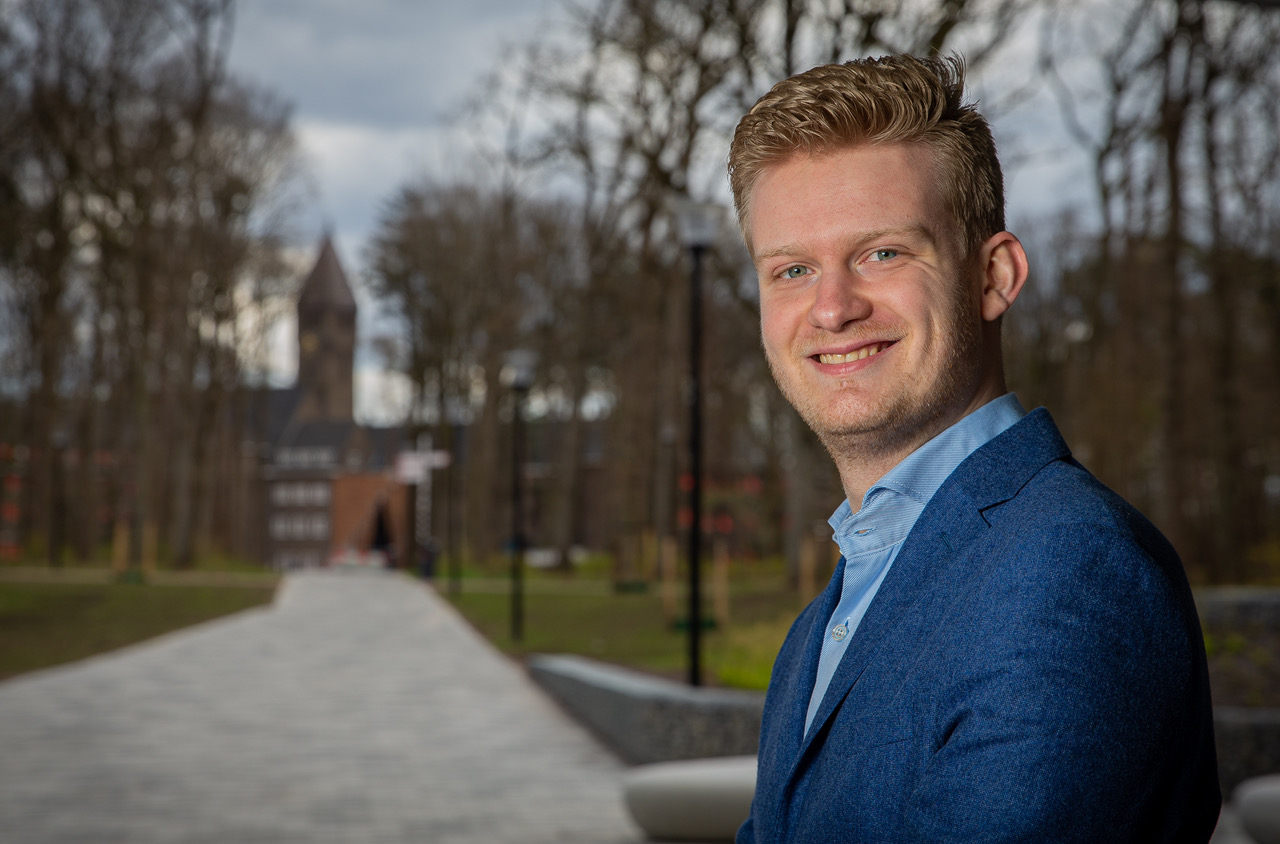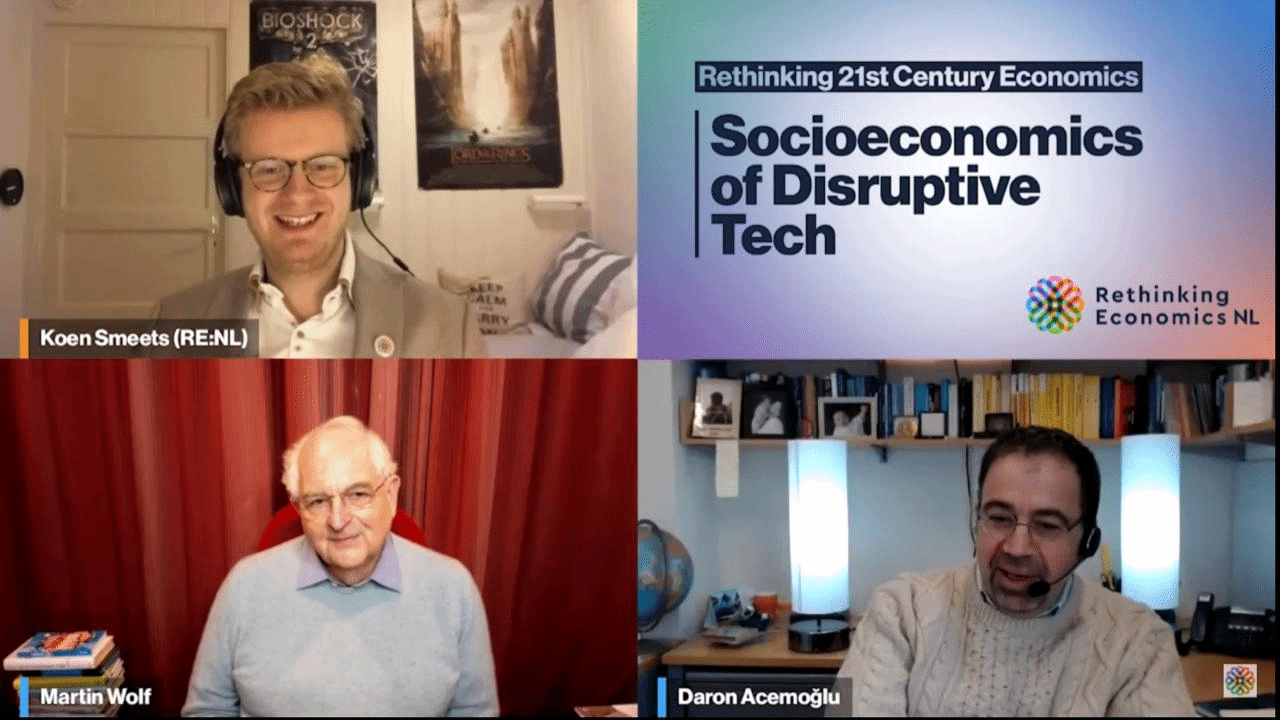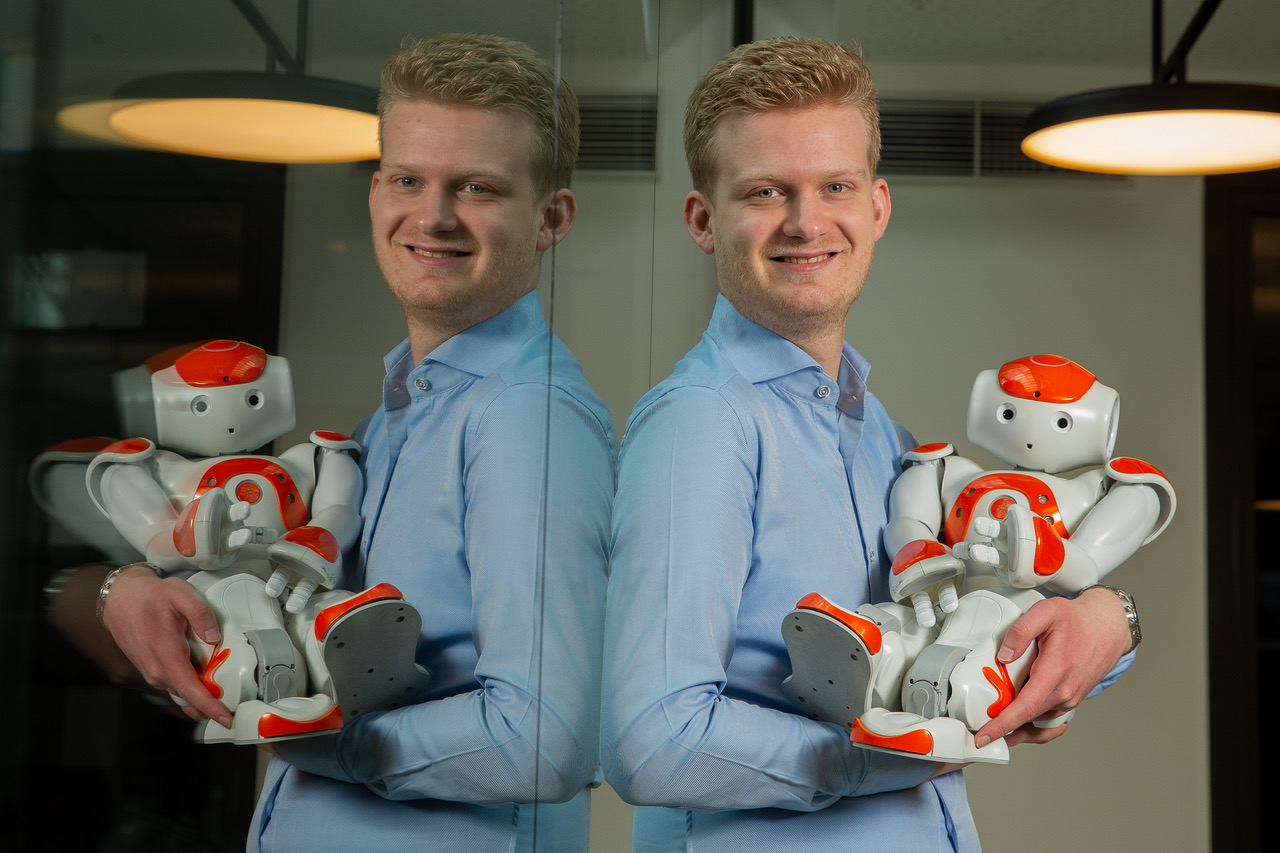I’ve always been an avid reader; these days, academic and interdisciplinary popular science books fill up my desks, shelves, and nightstand (as well as the space underneath it). My favourite books combine history, economics, and the social impact of technology; for instance, Homo Deus by Yuval Noah Harari, The Rise of the Robots by Martin Ford, and The Second Machine Age by Andrew McAfee and Erik Brynjolfsson. In one of the piles underneath my nightstand you can find the book that sparked myinterest in China titled “World History: China”, which I remember purchasing duringa clearance sale at the library of my high school. What gripped me was the extent to which Chinese civilisation predated its Western counterpart and how different the philosophies were on which each of these societies was built. As I read more about contemporary China, what especially began to fascinate me was how the PRC forged its own path towards a version of modernity distinct from the rest of the world.

During my undergraduate studies, I was able to conduct research on and collaborate with individuals from a wide range of regions and disciplines. China was often an important part or indirect aspect of my work. For instance, my research has focused on neoliberalism in America and Germany, FinTech in Latin America, and how artificial intelligence (AI) can be implemented to create shared prosperity worldwide. The research I conducted on FinTech was heavily inspired by the socioeconomic impact of FinTech in China. Additionally, I was involved as an organiser, mentor, and winner in various hackathons from the Massachusetts Institute of Technology (MIT), which focused on Latin America, India, and Lebanon. These hackathons enabled me to conduct research with current and future leaders from various countries on the responsible applications of information technologies. Furthermore, for my interview series “Socioeconomics of Disruptive Tech” I’veinterviewed 45 leading experts in interdisciplinary panels, of whom half were female and many from the Global South. This series also featured a panel focusing specifically on disruptive technologies in the context of China.

In the last year of my undergraduate studies, my primary focus shifted to a combination of China Studies and Science and Technology Studies. The year before, I had already decided that I wanted to do a semester abroad. When I learned that Peking University was one of the exchange partners of my university, I immediately knew where I wanted to go! I was elated to have been selected for the program, which was a fantastic experience despite being fully virtual. The English-taught courses at Peking University are given by world-leading experts and equipped me with an interdisciplinary overview of contemporary China. For instance, the courses I followed focused on China’s society, economy, reform and development, Africa relations, and international security. The professors who taught these courses have deep expertise in and passion for the subjects and took incredible effort to ensure that students joining virtually felt involved. For instance, they encouraged students joining virtually to just speak up whenever they had a question, never failed to notice when someone tried to do so, and answered with both excitement and depth.
